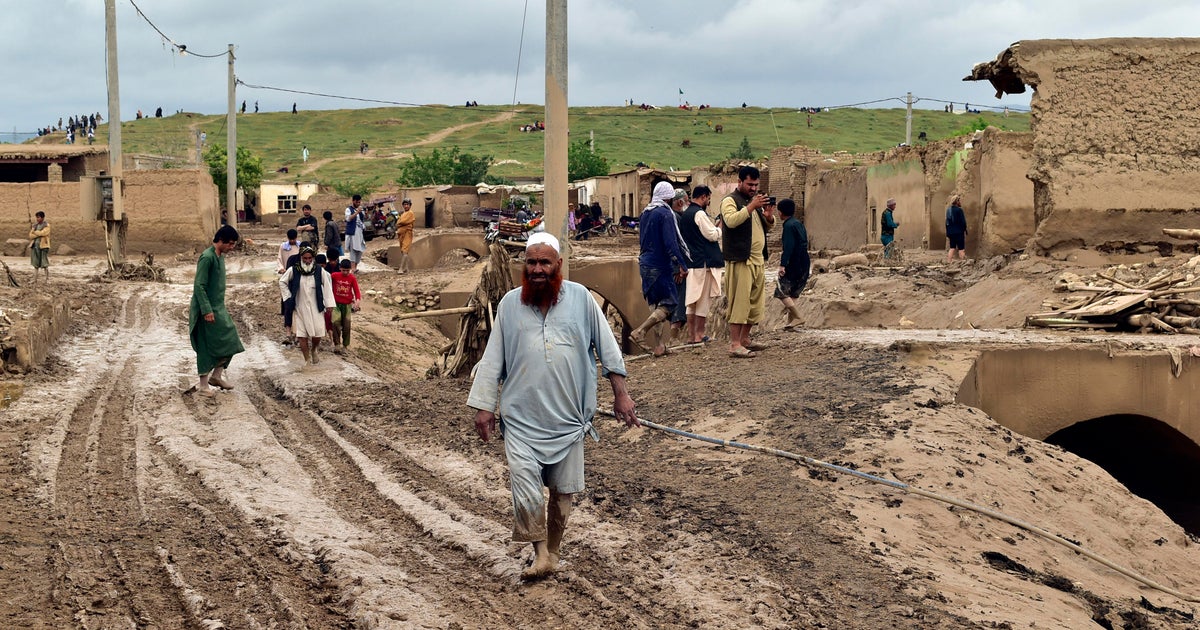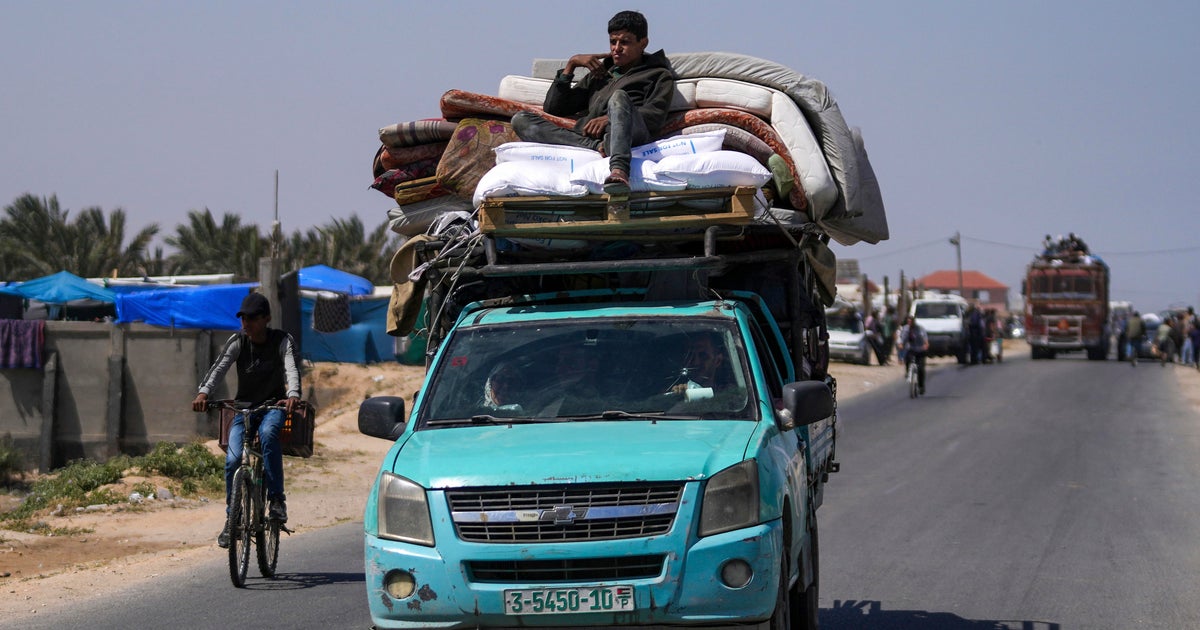Backlash over India's new citizenship law sees 100 injured as police raid a college
New Delhi — Violent protests raged Monday around Indian universities where thousands of people are railing against a controversial new citizenship law that grants amnesty to illegal immigrants from three neighboring countries, unless they're Muslim. The Citizenship Amendment Bill was passed by India's parliament last week and its constitutional validity has been challenged in the Supreme Court, which will start hearing arguments Wednesday.
After the law's passage, protesters engaged in running street battles with police that left at least five people dead. The law has been bashed by critics for singling out a single religion. India is the world's most populous democracy, and equal rights without religious discrimination are guaranteed by the constitution.
The student-driven protests began Sunday at Delhi's Jamia Millia Islamia University. During the clashes, two passenger buses and some motorcycles were torched near the university. Sunday evening police and paramilitary forces stormed the campus, firing tear gas inside classrooms and the library.
Videos posted to social media show security personnel beating students with batons, female students intervening to try and stop police beating male counterparts and others trying desperately to escape the university's smoke filled library.
More than 100 students were injured and admitted to hospitals in the area. The police also detained 34 students, but they were released early Monday morning after thousands of students and others staged a protest against the detentions and alleged police brutality outside the police headquarters.
As the videos went viral around India, students from other universities across the vast nation staged protest marches in the middle of the night.
Students at the Aligarh Muslim University in Uttar Pradesh state also clashed with police overnight, prompting university officials to announce that the school would remain completely shuttered until January 5. All other schools and colleges in Aligarh were asked by officials to remain closed on Tuesday, and the government cut internet service in Aligarh and neighboring towns.
Thousands of students at dozens of colleges and universities in the cities of Mumbai, Hyderabad, Chennai, Kolkata, Bengaluru, Kanpur, and Lucknow also staged protests against what they said was police brutality at Jamia university in the capital.
Vice Chancellor of Jamia university, Najma Akhtar, said the school would register a case against the police for storming the campus and would seek an investigation into the incident.
"It is not expected of the police to enter the university and beat up students," Akhtar said.
The Delhi Police said 30 of their personnel were injured by stone-throwing protesters, and insisted that officers had used "maximum restraint and minimum force" in containing the protests.
Leaders of the Indian National Congress, India's main opposition party, held a protest at the iconic India Gate in Delhi on Monday, meanwhile, accusing the government of cowardice and calling the storming of the Delhi university campus "an assault on the soul of India." Members of the party have also demanded a judicial probe into the police action against the students.
Prime Minister Narendra Modi, who had pushed for the contentious new citizenship law at the heart of the unrest for years, took to Twitter on Monday to assure people that the new legislation "does not affect any citizen of India of any religion." He appealed for "peace, unity and brotherhood."
Critics say the new citizenship law and a related registry scheme the government plans to roll out nationwide are both part of a larger plan by Modi's Hindu nationalist government to marginalize Muslims in India.
Senior opposition leader Rahul Gandhi called the new citizenship law and the government's plan to extend the national registry "weapons of mass polarisation."
The National Registry of Citizenship was rolled out earlier this year in the northeast state of Assam. It demanded that residents prove their families' nationalities, going back decades. About 1.9 million people who were unable to meet the criteria were essentially rendered stateless by the policy. They now face detention in large camps for illegal immigrants if they lose appeals against the rulings.
The government's plan to make the NRC a nationwide scheme could mean millions more losing their citizenship rights. Critics note that the new citizenship law will enable many non-Muslims who fail to prove their residency under the NRC to regain their citizenship, but Muslims could be sent to the detention centers.




